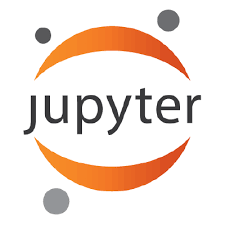Computational notebooks are intended to prioritize the needs of scientists, but little is known about how scientists interact with notebooks, what requirements drive scientists' software development processes, or what tactics scientists use to meet their requirements. We conducted an observational study of 20 scientists using Jupyter notebooks for their day-to-day tasks, finding that scientists prioritize different quality attributes depending on their goals. A qualitative analysis of their usage shows (1) a collection of goals scientists pursue with Jupyter notebooks, (2) a set of quality attributes that scientists value when they write software, and (3) tactics that scientists leverage to promote quality. In addition, we identify ways scientists incorporated AI tools into their notebook work. From our observations, we derive design recommendations for improving computational notebooks and future programming systems for scientists. Key opportunities pertain to helping scientists create and manage state, dependencies, and abstractions in their software, enabling more effective reuse of clearly-defined components.
翻译:暂无翻译




